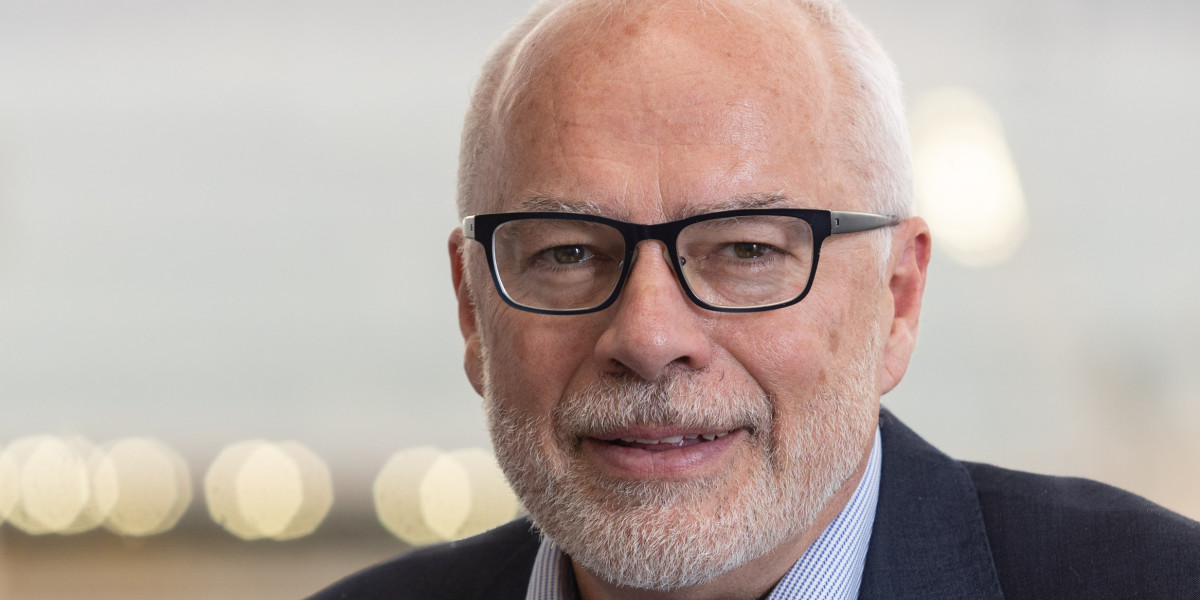We need to talk about the pandemic, both this one and the next
Op-Ed by Royal Commission Chair Professor Tony Blakely
Published 28 June 2023

The worst of the COVID-19 pandemic is more than likely over. Now is the time for learning the lessons before the next pandemic – although when, and how bad it will be, we do not know. It’s time to reflect on our experience of what happened and think carefully about how we’d approach a similar crisis in the future.
The good news is the mahi of ‘learning the lessons’ is already underway. Late last year, the government announced a Royal Commission of Inquiry into COVID-19 Lessons Learned, Te Tira Ārai Urutā. Aotearoa New Zealand’s response to COVID-19 was strong compared with other countries, but that doesn’t mean we shouldn’t reflect on what was done and why. For example, if the next pandemic is similar in nature to COVID-19, what could we do differently or better? At the same time, the next pandemic could be more severe – so it’s important we look at international experiences to understand what they have learned and could be applied here.
The Inquiry is more than just an exercise of looking in the rear-view mirror. While the COVID-19 pandemic might be called a ‘1-in-100-year event’, we will experience future pandemics.
There is a nagging and well-founded concern that the risk of ‘big pandemics’ is on the rise due to human encroachment into natural ecosystems, meaning viruses have a potentially greater chance of jumping to humans. Given this, it’s important we take the time now and look to our recent experience, to ensure we are as prepared as possible for whatever may eventuate.
Everyone in New Zealand, and indeed many Kiwis living overseas, was impacted by COVID-19. We all made sacrifices for the collective good. Some of those sacrifices had profound impacts at the time, and some will be long-lasting: the loss of freedoms, the loss of employment or income and, for some, serious illness or even the loss of a loved one.
It’s for this reason the Inquiry’s scope is broad. We’ll be looking at everything from border closures and lockdowns to education outcomes, the use of vaccine and mask mandates, the MIQ approach, the welfare response and key economic policies that were made by the government, along with many other pandemic-related topics.
To date, our focus has been on gathering and looking at the many documents and reviews that have already been produced or undertaken both here in Aotearoa, and in other countries. There is a wealth of information we have already begun to analyse, which will help inform the Inquiry.
But just as important is hearing from the many organisations, communities and individuals across Aotearoa about their involvement, experiences and insights of the pandemic. A priority for me and my Commissioner colleagues, Hekia Parata and John Whitehead, will be the meetings and conversations we intend to have up and down the country as we undertake this Inquiry. The list of people we’re looking to engage with is long, and we will do our best throughout this year and into next to talk to as many people as we can.
We’ll be conducting the Inquiry in a non-adversarial way that supports identifying key lessons, by making it easy for people to share their experience. This means the way we seek information and gather evidence will be less formal than holding public hearings, for example. Our focus is on what we can learn to ensure New Zealand is prepared for the future, not on assigning blame or finding fault.
Everyone will have the opportunity to have their say or share their story.
In addition to the Commission getting out and about, from November we’ll be inviting public input and submissions from anyone. You’ll be able to do this through our website: covid19lessons.royalcommission.nz. Your stories and experiences will be critical to our work, sitting alongside our discussions with policymakers and an extensive review of what did and didn’t work during COVID-19.
The unfortunate reality is that there will be another pandemic. While it might be uncomfortable, for us to be best prepared we really do need to talk about what has happened and how we responded. Our goal is to distil the lessons we identify to help ensure Aotearoa can respond as well as possible to the next pandemic, safeguarding the health and wellbeing of all New Zealanders in the most effective and fair way possible.

